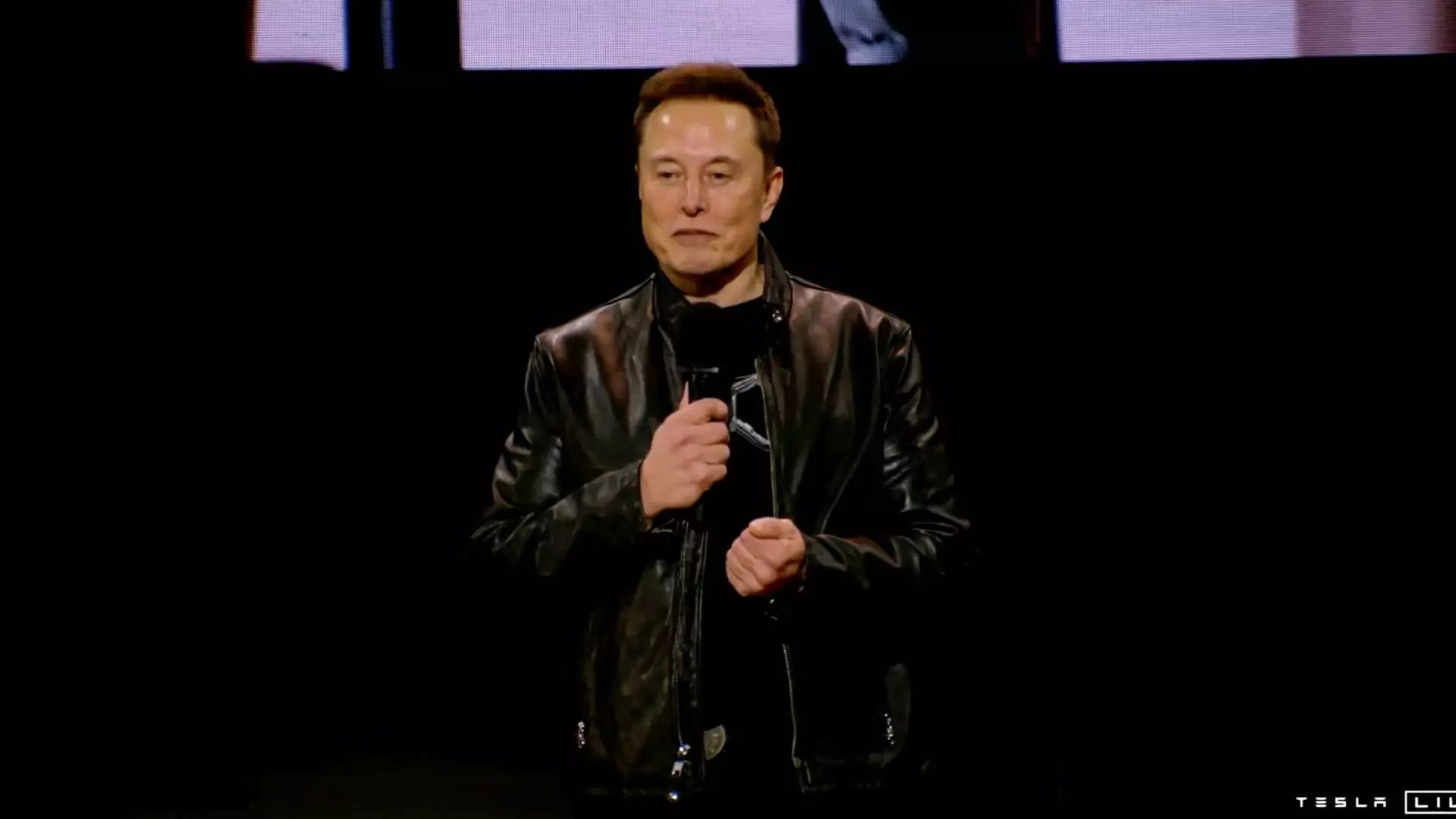In recent months, Tesla has come under scrutiny for its portrayal of its Full Self-Driving (FSD) capabilities on social media platforms, particularly Twitter (now X). The National Highway Traffic Safety Administration (NHTSA) has raised alarms, asserting that Tesla’s online communications could mislead consumers regarding the true nature of the company’s automated driving technology. With the potential for significant safety implications, it is imperative to explore the underlying issues of marketing autonomy and the responsibility of tech companies towards consumer safety.
Tesla’s promotional content and user testimonials insinuate a level of automation that does not exist. As highlighted by Gregory Magno, the head of NHTSA, the promotional messages have suggested that drivers can relinquish control during critical moments, leading to dangerous situations on the road. For instance, posts depicting drivers utilizing FSD during high-risk scenarios, such as medical emergencies or when under the influence of alcohol, challenge the fundamental principle that Tesla vehicles require continuous human oversight. The juxtaposition of such posts against the company’s official safety messaging creates an environment ripe for misinterpretation, where consumers might erroneously believe they can fully rely on their vehicles in situations that demand their complete attention.
As the NHTSA demands accountability, Tesla faces a deadline to respond to these allegations, with the potential for hefty financial penalties looming overhead. The inquiry not only aims to assess Tesla’s FSD technology but also scrutinizes how the company represents these features to consumers. Transparency and accuracy in communication are not merely guidelines; they are essential for the safe integration of advanced technologies into everyday use. As Tesla’s FSD system continues to be refined, it must align its promotional content with demonstrated capabilities, thereby setting realistic expectations for consumers.
The misinformation surrounding Tesla’s FSD poses an immediate risk not just to drivers, but to pedestrians and the broader public as well. Incidents where drivers have engaged with FSD just before crashes, including tragic fatalities, reveal the consequences of misunderstanding the system’s limitations. When consumers are misled, the ramifications extend beyond individual safety; they erode public trust in automated vehicle technology as a whole.
As we stand on the precipice of an automotive revolution, it is crucial for companies like Tesla to navigate the fine line between innovative marketing and ethical responsibility. The NHTSA’s warnings serve as a wake-up call for all stakeholders involved in the development and promotion of autonomous driving technology. Responsible communication, grounded in the realities of technology, must take precedence over sensational promotion if society is to embrace these advancements without jeopardizing safety. In an era where technology progresses at unprecedented rates, adherence to ethical practices will ultimately define the future of the automotive industry.


Leave a Reply